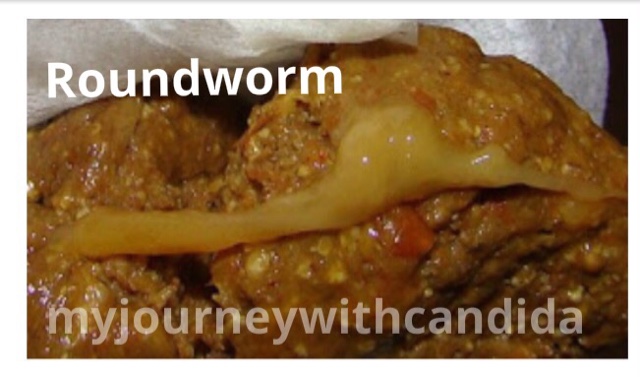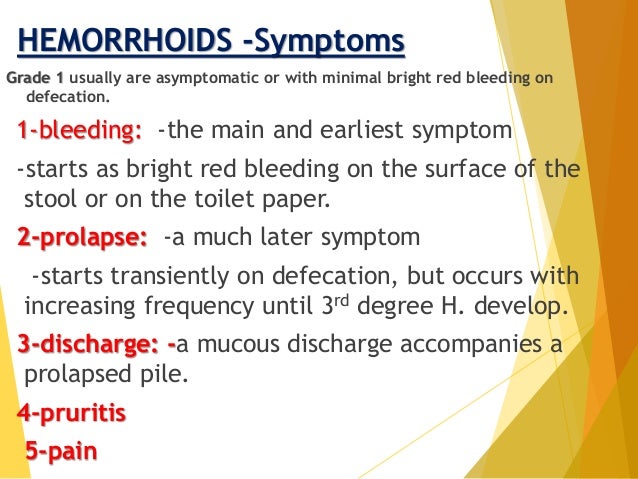

For a small minority, only the colon is involved.

Entamoeba: Entamoeba is a parasite commonly contracted by ingesting feces (e.g.It is resistant to multiple types of antibiotics, so the main treatment method is electrolyte-rich fluids and bed rest. no HIV, chemotherapy, or bone marrow transplants), Campylobacter usually causes up to two weeks of symptoms. In most people with normal immune systems (e.g. It can cause frequent (10 or more) loose stools per day with both blood and pus as well as severe abdominal pain. This can occur if you use the restroom and then prepare food without washing your hands well enough. Campylobacter: Campylobacter is a corkscrew-shaped bacterium that often occurs after consuming undercooked poultry or food that has fecal matter on it.EHEC can sometimes cause transient kidney failure in children and may require dialysis.

EIEC is usually “self-limited” meaning it resolves on its own. Coli) and EIEC (Enterogenic Inflammatory E. Two of the most common strands that cause diarrhea with mucus are EHEC (Enterogenic Hemorrhagic E. Some types can cause watery diarrhea while others cause bloody diarrhea or diarrhea coated in blood and mucus. Many types of infections can cause inflammation of the walls of the large intestines and activate “goblet cells,” which produce mucus. The causes of increased mucus discharge can be effectively separated into four categories: infections, inflammatory conditions, diet, and malignancy. A physician can determine the cause and the best course of treatment. You should seek care promptly if you experience persistent or worsening diarrhea, abdominal pain, or discharge. Pain or discomfort in the area of the anus.Pruritis: This is itching around the area of the anus.Visible mucus with or without having a bowel movement.Other associated symptoms of mucus discharge may include the following: Common accompanying symptoms of anal mucus discharge The amount of mucus you're producing may vary and may be accompanied by stool or blood. It also helps prevent fluid loss from the walls of the colon and keeps them moist. It helps lubricate stool as it moves through the bowels and can protect bowel walls from more abrasive foods that you might eat (e.g. Mucus is a slippery or slimy substance that is naturally produced by your bowels. Anal mucus discharge by itself or in stools explained


 0 kommentar(er)
0 kommentar(er)
